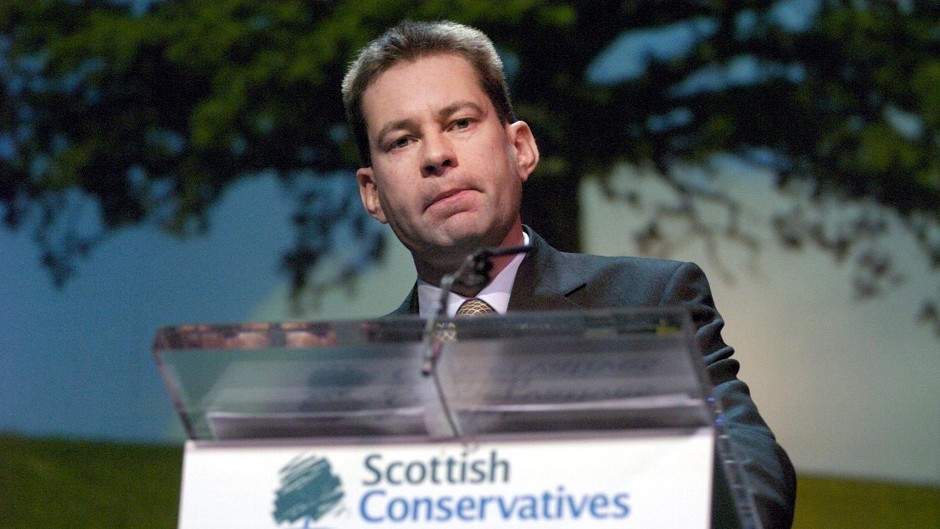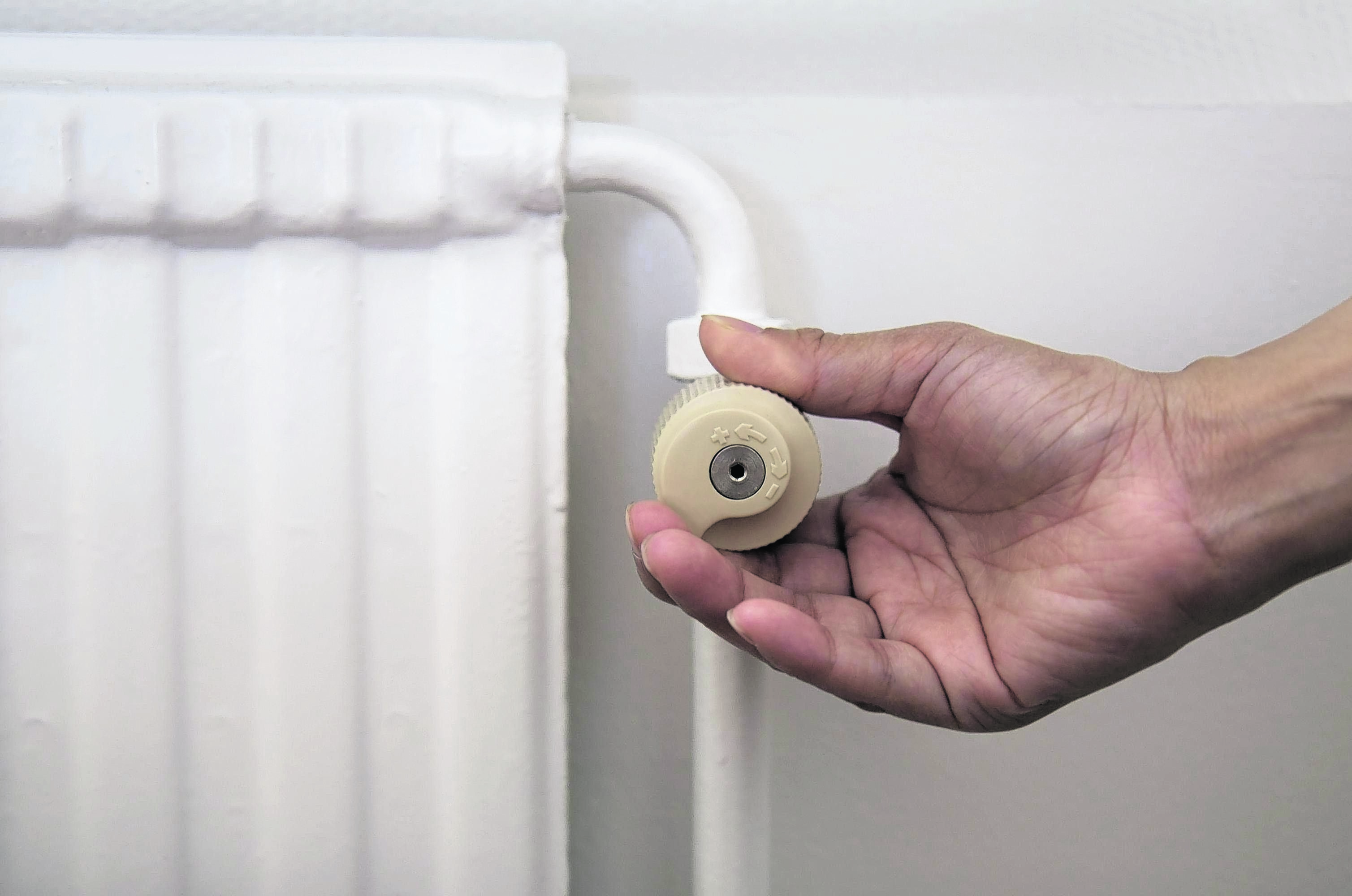MSPs believe that a Scottish Government target to eradicate fuel poverty by the end of next years is “unlikely” to be met.
The Scottish Parliament’s economy, energy and tourism committee has asked for regular updates on progress to eradicate the problem.
Ministers gave a commitment to stamp out fuel poverty – where a family must spend a tenth or more of income to keep warm – “as far as practically possible” by November 2016.
However, official figures show the problem is getting worse with 940,000 households classed as fuel poor in 2013, up 100,000 on the previous year.
The economy, energy and tourism committee has requested the government carry out research into how much it will cost to eradicate the problem.
It also wants to question UK Government ministers on what impact of changes to the UK energy market reform will have on fuel poverty in Scotland.
Convener Murdo Fraser said: “Our committee heard strong evidence that fuel poverty was continuing to impact on thousands of people across Scotland and despite a commitment to eradicate fuel poverty by 2016 it is unlikely that this will be met.
“This is concerning for us as a committee and of course for those currently living with the consequences of fuel poverty. It is clear that responsibility lies both with the UK and Scottish Government, which is why our committee is requesting an update on progress in order to determine if efforts are stalling.”
The committee’s report on the Scottish Government’s spending plans for 2015-16 said that spending on fuel poverty was being maintained at £79million, and expected to lever in a further £121million from energy companies.
Campaigners told the committee the cost of eradicating fuel poverty would £10billion, give or take 50%.
Deputy convener Dennis Robertson said: “During our scrutiny, we heard from the Scottish Government the actions they are taking, but given the significance of this issue, it is imperative that as a committee we also question a UK minister on the implications that energy market reform may have on fuel poverty in Scotland.”

